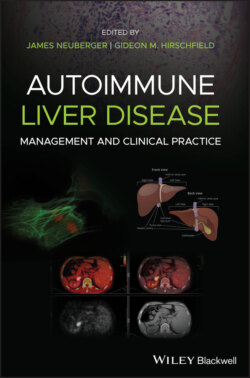Читать книгу Autoimmune Liver Disease - Группа авторов - Страница 76
Epigenetics Enhancers and Super Enhancers
ОглавлениеAs discussed earlier, epigenetics plays a crucial role in regulating TFs in innate and adaptive immune responses involved in autoimmune diseases and determining specificity for different cell types and tissues [16]. While the mechanisms already discussed focus on factors leading to autoantigen recognition, it is now clear that epigenetics dictates the subsequent obligatory failure to regulate and terminate autoimmune reactions. GWAS showed that SNPs associated with immune‐mediated diseases encode enhancers and SEs that cluster within the immunoregulatory regions of immune cells. Indeed, analysis of the causal variants in 21 autoimmune diseases showed that 60% of SNPs mapped to immune cell enhancers and eRNA induced by immune cell activation. Disease‐specific profiles are beginning to be recognized. For example, T1DM‐associated SNPs are present in enhancers active in the thymus, T cells, B cells, and hematopoietic stem cells. The finding that SNPs for SEs in CD4 Thf cells are present in multiple autoimmune diseases, including T1DM, MS, RA, celiac sprue, and ulcerative colitis, strongly indicates their importance in pathogenesis. In addition, epigenetics controls suppression of autophagy, which dysregulates immune modulation in effector cells and promotes persistence of cytokine‐activated target cells/tissues in autoimmune diseases.
